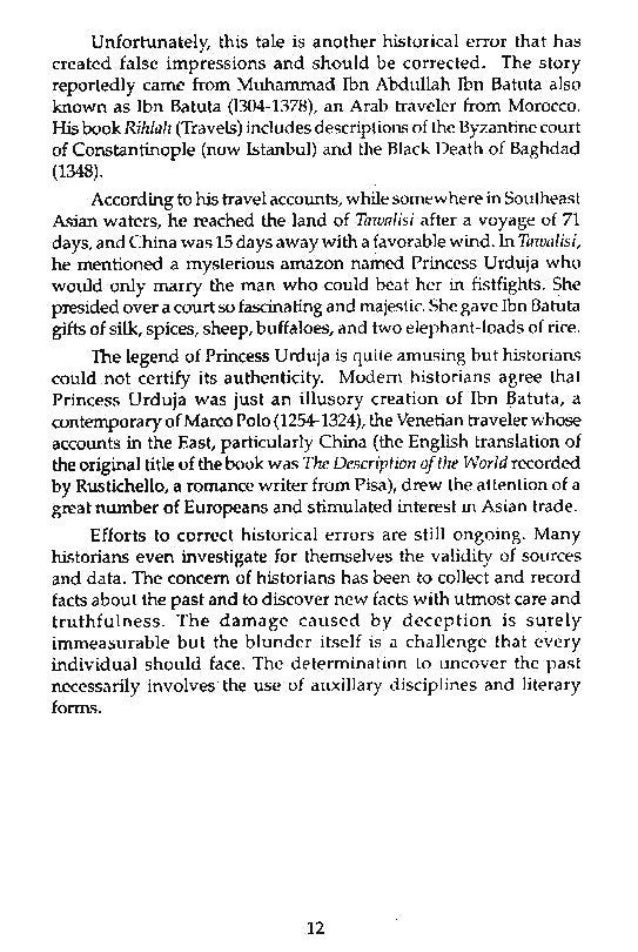Download Philippine History And Government By Gregorio Zaide Pdf Free
 [7520] Error - [7520] RtlWerpReportException failed with status code:.
[7520] Error - [7520] RtlWerpReportException failed with status code:.
Download Pdf, Free Pdf Philippine History And Government By Gregorio Zaide Download. Merit Badge Center, Philippines The History Of The. The Philippine History & Government by Gregorio F. Zaide and a great selection of related. Philippine History and Government by Zaide Gregorio F. Free Shipping.
 The pre-colonial government of the Filipinos It is said that people deserve the kind of government they have. In the case of the Filipino people, they went through a lot of stages, both forceful and peaceful, in their quest for political maturity and independence. The barangay was the Filipino's earliest form of government. It was an independent settlement consisting of thirty to one hundred families usually situated along a river bank or at the mouth of a river spilling out to the sea.
The pre-colonial government of the Filipinos It is said that people deserve the kind of government they have. In the case of the Filipino people, they went through a lot of stages, both forceful and peaceful, in their quest for political maturity and independence. The barangay was the Filipino's earliest form of government. It was an independent settlement consisting of thirty to one hundred families usually situated along a river bank or at the mouth of a river spilling out to the sea.
The term b The pre-colonial government of the Filipinos It is said that people deserve the kind of government they have. In the case of the Filipino people, they went through a lot of stages, both forceful and peaceful, in their quest for political maturity and independence. The barangay was the Filipino's earliest form of government.
It was an independent settlement consisting of thirty to one hundred families usually situated along a river bank or at the mouth of a river spilling out to the sea. The term barangay was derived from the Malay word barangay or balangay, which means sailboat. The barangays were used to transport the early Filipinos and their cargoes to the various sections of the Philippine archipelago. Each barangay was ruled by a datu or village chief who was also known as raha or rajah. Some datus were more powerful than others and, consequently, were duly respected and exercise tremendous influence.
The political development of the archipelago was such that there was no national or central government yet. In other words, there was no datu strong enough to consolidate considerable power and to unite the archipelago into one nation. The primary duty of the datu was to rule and govern his subjects and to promote their well-being. In times of peace, he was the chief executive, legislator, and judge. And, in times of conflict, he was the supreme commander of the warriors. In Western Visayas it was not uncommon for the datu to be the babaylan, as well.
The very influence and mystical ability of the babaylan, especially if he was a man, made him the most likely candidate for community leadership. According to Renato Constantino (1975), the datu was not an absolute ruler. The scope of his authority was given limits by a traditional body of customs and procedures. His usefulness to the community earned him respect so that services were willingly rendered to him. He could be replaced if, for some reasons, he was found incapable of leading the community and his position was weakened.
